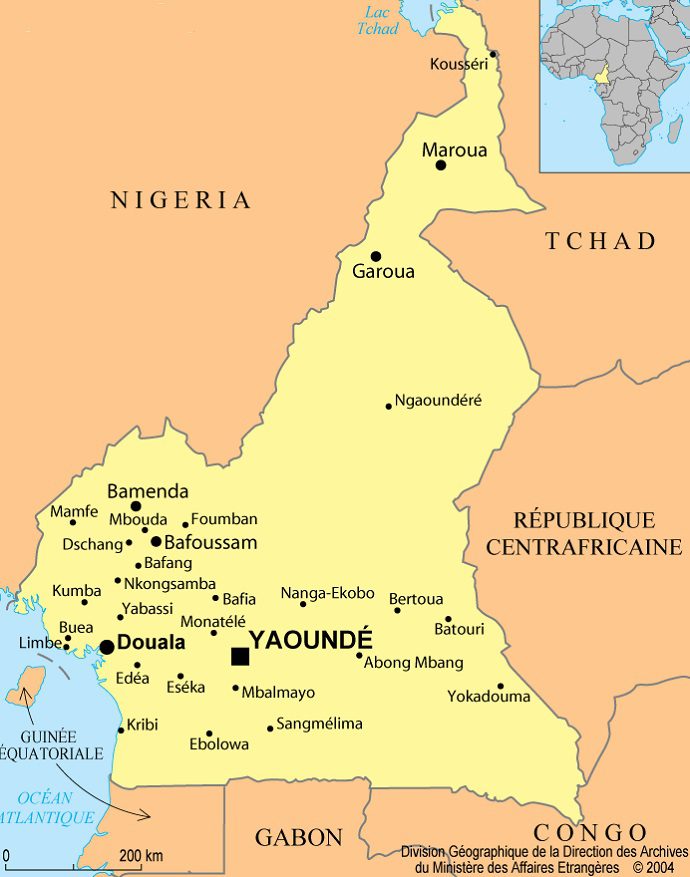Taking advantage of the national dialogue which began in Yaoundé on Monday representatives of secessionist movements to the talks have demanded equality between Cameroon’s French and English cultures.
By Felix Cyriaque Ebole Bola
Delivering their message in a packed convention center, at the official opening ceremony attended by President Paul Biya and broadcast live on public radio (CRTV), a spokesman of ex-fighters, Mark Kawa declared: “We are the sons of the same country, Cameroon.”
However, he denounced “the hegemony of the Francophones, since the Anglophones are treated as colonized in their own country and this feeling of frustration pushed us to take up arms”.
Mark Hawa spoke about the Anglophones’ low representation in the public administration, in all major state institutions, urging “equality between Francophones and Anglophones.”
He added: “We are appealing to our brothers who are in the bush, to come out and give up arms and return to the Republic, to build together our country that we all love.”
Pending the recommendations and resolutions that will emerge from the conference, the separatists’ spokeman called on all armed groups to hand in their weapons.
“Come join us and celebrate unity and peace, for children to be able return to school, so that people can work and feed their families,” he said.
In a message to the nation on September 10, 2019, Cameroonian President Paul Biya convened a major national conference to find a lasting solution to the conflict bedeviling the Northwest and Southwest regions.
The conference, which is expected to run until October 4, is led by Prime Minister Joseph Dion Ngute.
This socio-political crisis arose from the demands of teachers and magistrates protesting against the “assimilation of Anglophones by Francophones.”
In the last three years, these social demands have turned into armed struggles, causing nearly 2,000 deaths, more than 50,000 refugees in neighboring Nigeria, and more than 400,000 internally displaced persons (IDPs), according to various sources, including the United Nations Development Program (UNDP).
For four days, participants from the ten regions of the country and those from the diaspora will discuss, during plenary sessions and workshops, topics on bilingualism, demobilization, cultural diversity and social cohesion, the education and judicial systems, decentralization and local development.
Reconstruction, the return of refugees and displaced persons, disarmament, demobilization and reintegration of ex-combatants, as well as the role of the diaspora in defusing the crisis in the country’s development process will also be high on the agenda of the national conference.
FCEB/cat/fss/as/APA


